

The continuing evolution of the MarinTrust Standard ensures that it remains relevant, credible, and accessible. The development of Version 3.0 was an ambitious next step, strengthening the assessment criteria for raw materials, while encouraging the use of by-products. Both assurance and traceability remain at the core of this standard, guaranteeing the integrity of MarinTrust products.

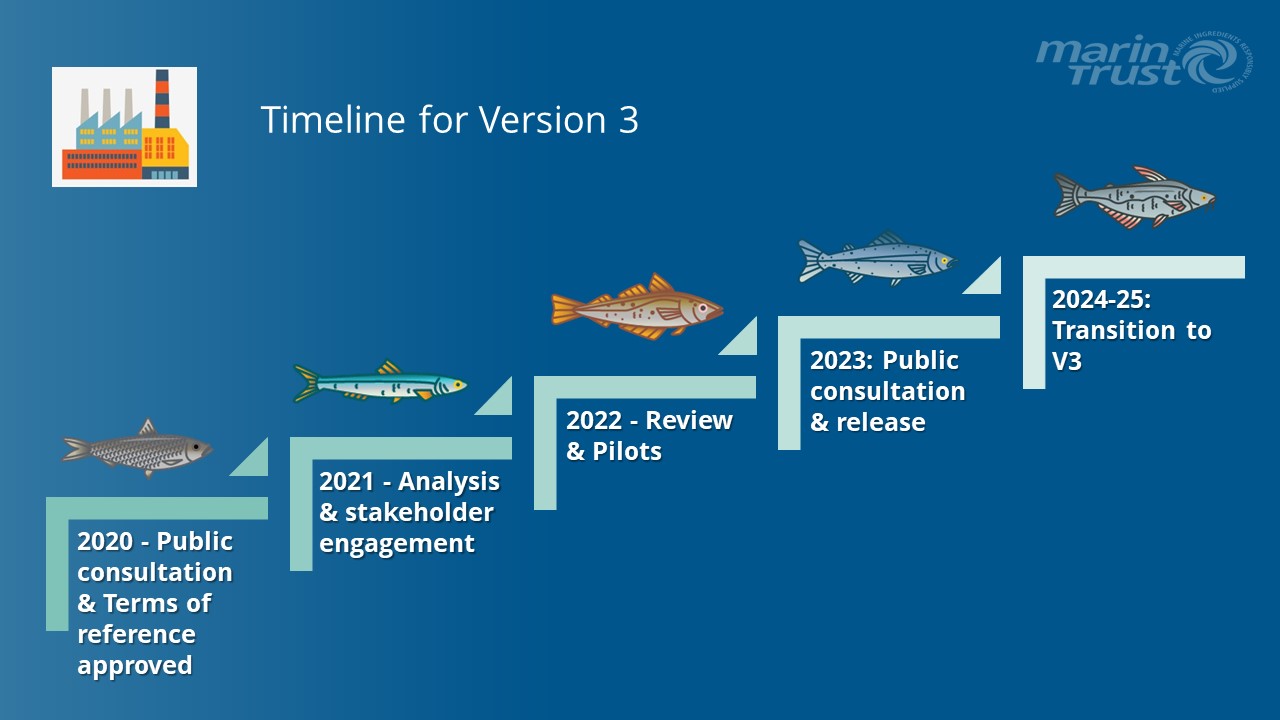
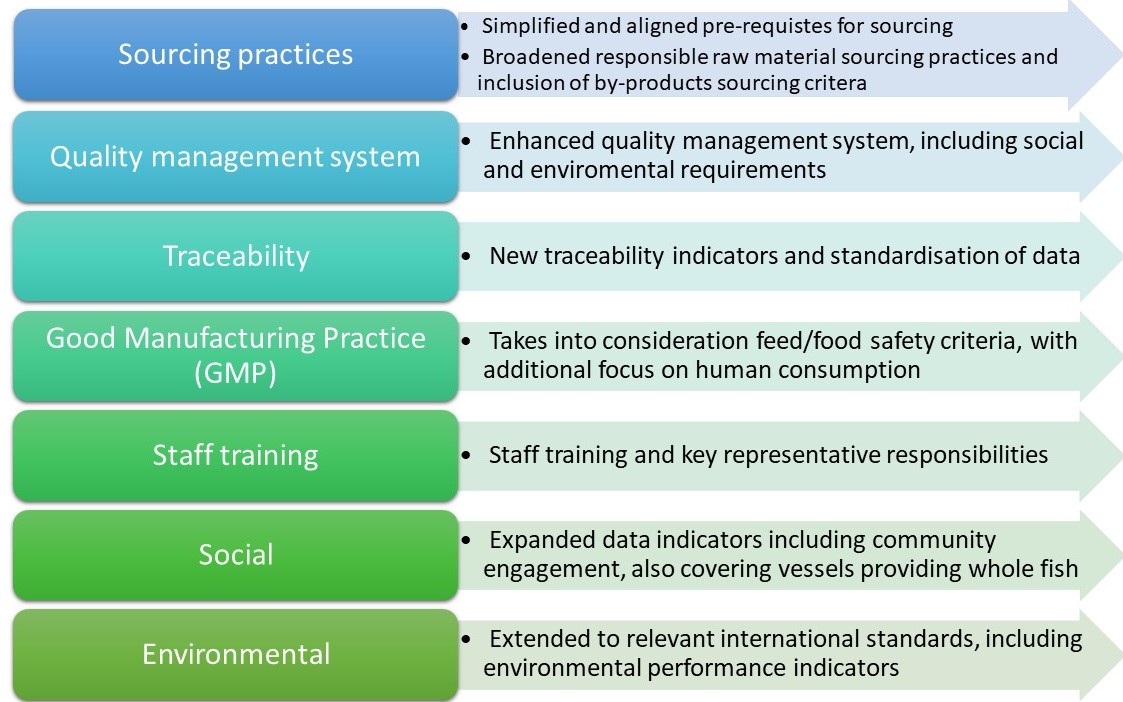
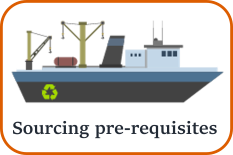
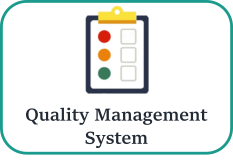
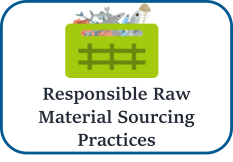
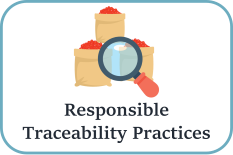
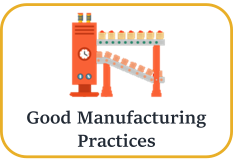
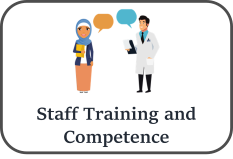

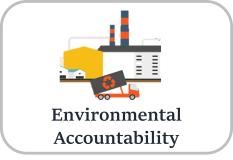
 To demonstrate responsible sourcing, a MarinTrust certified facility can only use raw material (whole fish and by-product) that is MarinTrust approved, which means it has passed an assessment undertaken by a third-party Certification Body. For MarinTrust approved whole fish and by-products, MarinTrust sets the criteria to assess these raw materials.
To demonstrate responsible sourcing, a MarinTrust certified facility can only use raw material (whole fish and by-product) that is MarinTrust approved, which means it has passed an assessment undertaken by a third-party Certification Body. For MarinTrust approved whole fish and by-products, MarinTrust sets the criteria to assess these raw materials.